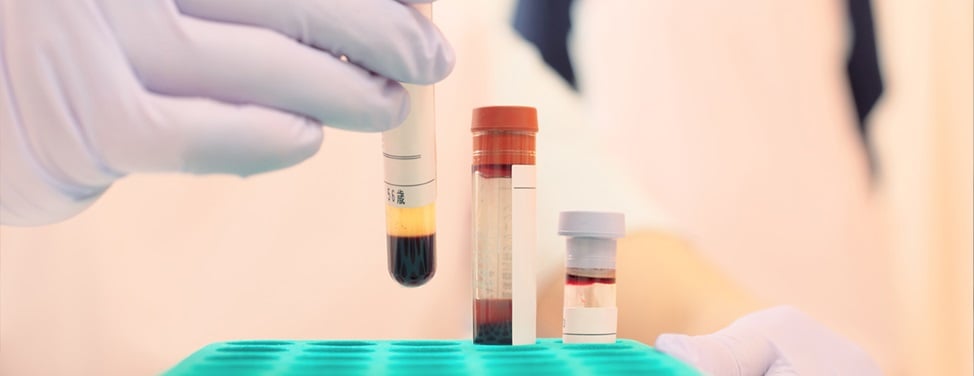
Donating Blood Before Your Hospital Stay
In some instances, surgery and other procedures can result in blood loss. If your doctor foresees this possibility, he or she will discuss your options for blood donation before you are admitted to UCSF Medical Center.
Not all surgeries require blood transfusions. You also have the right to refuse a blood transfusion, although the decision may have life-threatening consequences.
There are three sources for blood:
- Self Donation Using your own blood, called autologous donation, can minimize your need for donated blood and reduce – but not eliminate – the risk of transfusion-related infections and allergic reactions. Your doctor will advise you whether it is safe for you to donate your own blood. Although you may donate up to three days before your operation, it is better to donate earlier so that your body has a chance to restore the donated blood.
- Community Donors If you can't donate blood, choose not to or require more blood than you can provide, you will receive blood from donors. Unpaid community donors are screened and then tested to ensure that donated blood is as safe as possible. Although blood and blood products can never be 100 percent safe, the risk is very small.
- Designated Donors Some patients prefer to receive blood from people they know, who are called designated or directed donors. There is no medical evidence that this blood is safer than blood donated by other volunteers. Designated donors must meet the same requirements as community donors.
Under California law, if your need for blood is not urgent, you have the right to be given time to arrange for either autologous or designated donation. You also must be informed of the advantages and disadvantages of each of these kinds of blood donations.
UCSF Health medical specialists have reviewed this information. It is for educational purposes only and is not intended to replace the advice of your doctor or other health care provider. We encourage you to discuss any questions or concerns you may have with your provider.







